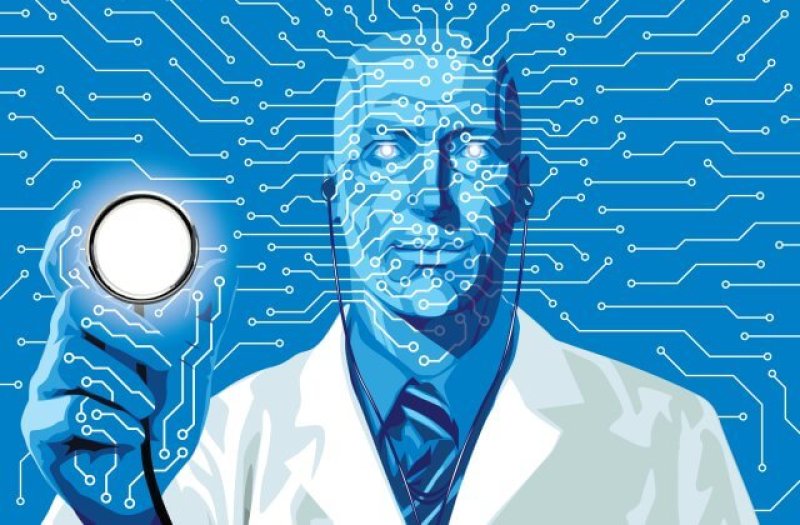At a growing number of prominent hospitals and clinics around the country, clinicians are turning to AI-powered decision support tools — many of them unproven — to help predict whether hospitalized patients are likely to develop complications or deteriorate, whether they’re at risk of readmission, and whether they’re likely to die soon. But these patients and their family members are often not informed about or asked to consent to the use of these tools in their care, a STAT examination has found.
…
That’s a real risk, because some of these AI models are fraught with bias, and even those that have been demonstrated to be accurate largely haven’t yet been shown to improve patient outcomes. Some hospitals don’t share data on how well the systems work, justifying the decision on the grounds that they are not conducting research. But that means that patients are not only being denied information about whether the tools are being used in their care, but also about whether the tools are actually helping them.
Harvard’s [Glenn] Cohen said he wants to see hospital systems, clinicians, and AI manufacturers come together for a thoughtful discussion around whether they should be disclosing the use of these tools to patients — “and if we’re not doing that, then the question is why aren’t we telling them about this when we tell them about a lot of other things,” he said.































